












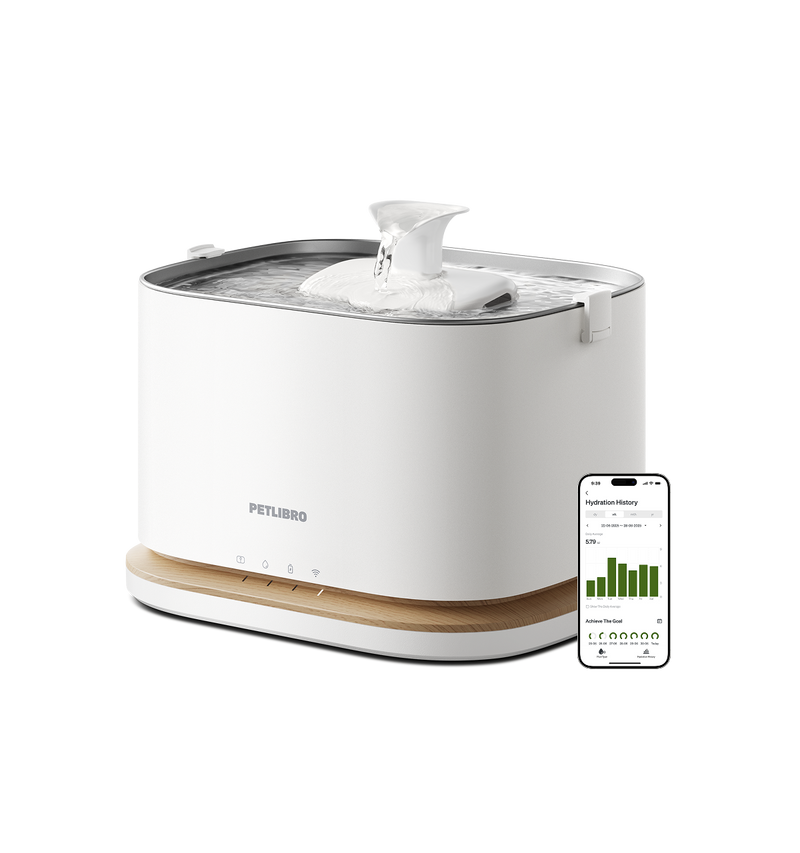
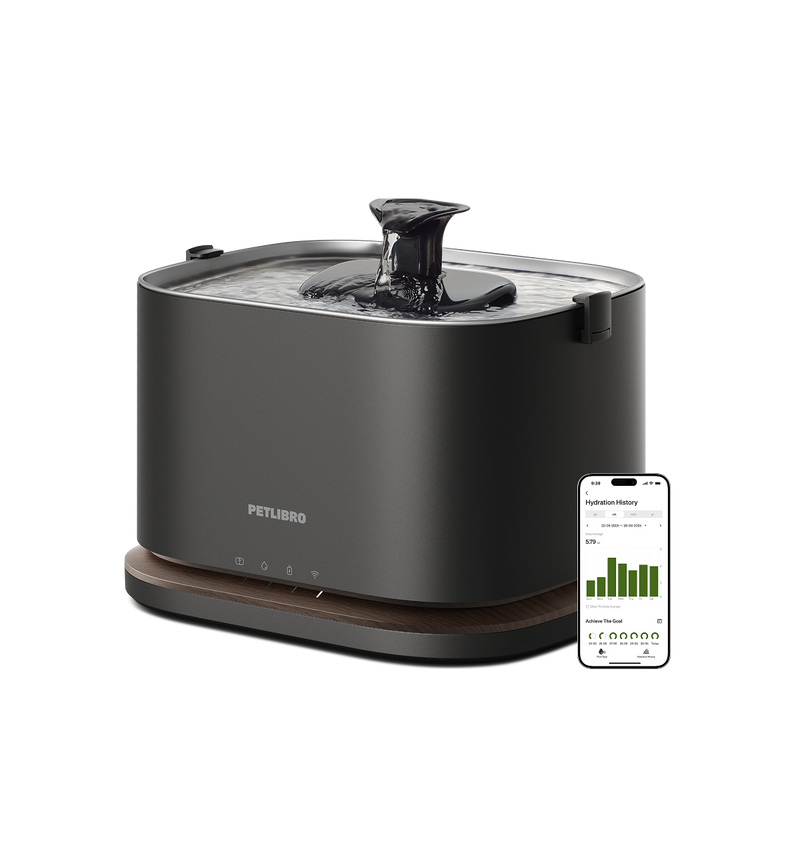
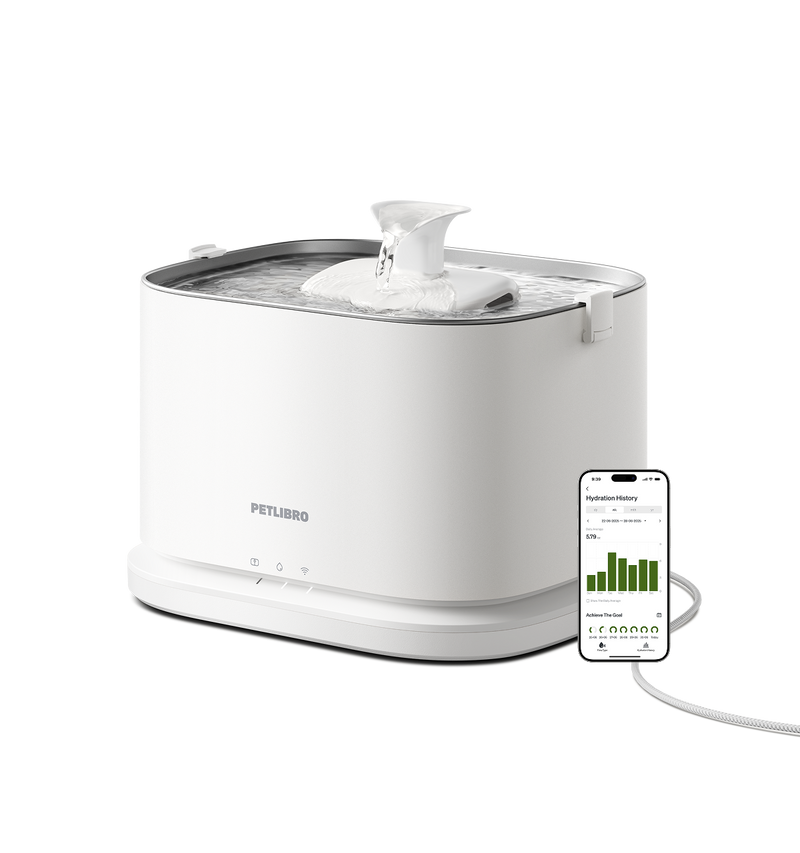
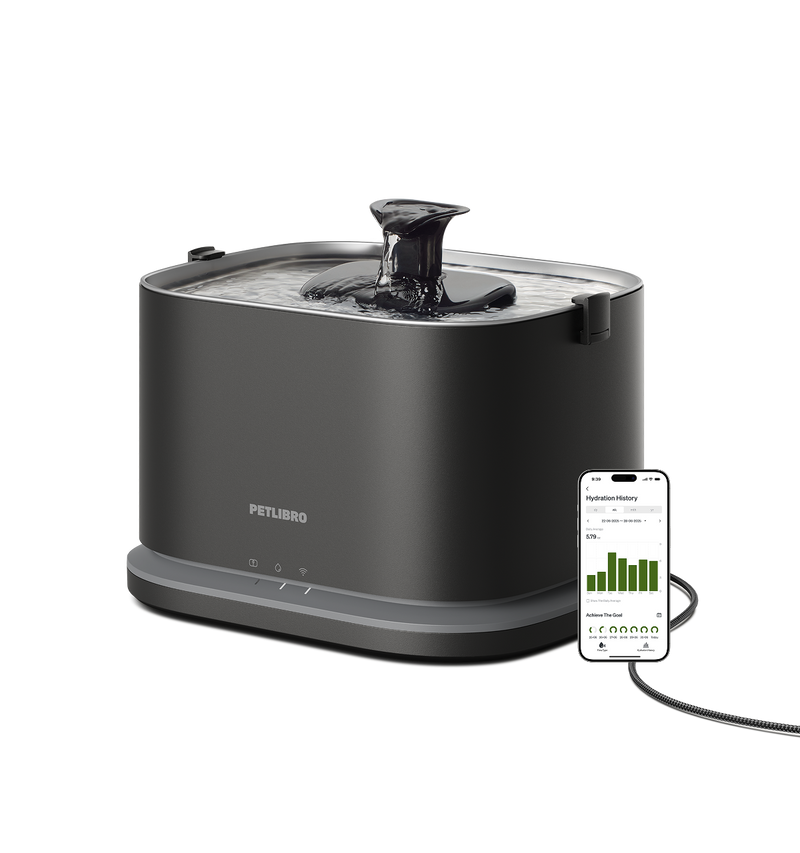










By subscribing, you agree to receive email marketing from Petlibro. Privacy Policy | Terms of Service


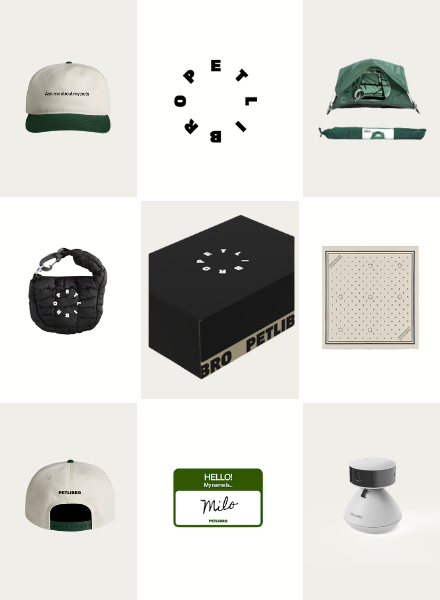
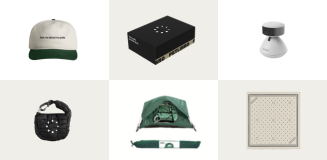
Open to legal U.S. residents, 18 years or older. Void where prohibited. Giveaway begins on 08/26/2025 and ends on 09/15/2025 at midnight PST. Three winners will each receive a limited-edition Petlibro PR Kit, which includes the Scout Smart Camera and select branded merch. Winners will be chosen at random and notified via Instagram or email (depending on entry format) by 09/30/2025. If a winner does not respond within 48 hours, another may be selected. Odds of winning depend on the total number of eligible entries received. Only one email entry per person will be counted, though additional entries may be submitted through the bonus methods described above. Petlibro is not liable for any issues that arise from participation or use of the prize. Personal information will be collected and handled in accordance with our Privacy Policy.


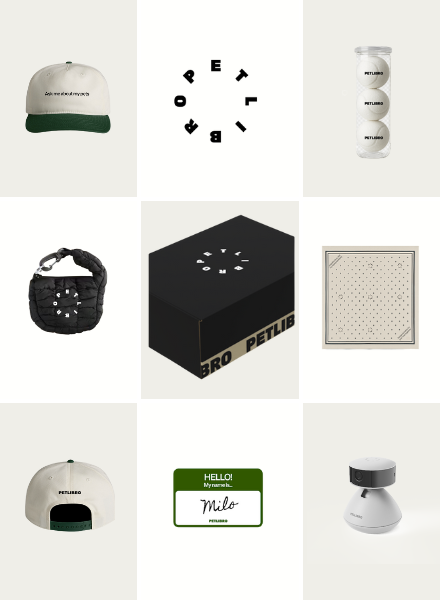
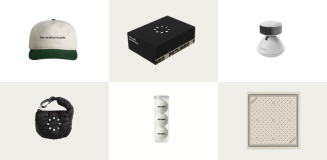
Open to legal U.S. residents, 18 years or older. Void where prohibited. Giveaway begins on 08/26/2025 and ends on 09/15/2025 at midnight PST. Three winners will each receive a limited-edition Petlibro PR Kit, which includes the Scout Smart Camera and select branded merch. Winners will be chosen at random and notified via Instagram or email (depending on entry format) by 09/30/2025. If a winner does not respond within 48 hours, another may be selected. Odds of winning depend on the total number of eligible entries received. Only one email entry per person will be counted, though additional entries may be submitted through the bonus methods described above. Petlibro is not liable for any issues that arise from participation or use of the prize. Personal information will be collected and handled in accordance with our Privacy Policy.


Hydration is vital for all cats, but especially for senior felines. As cats age, their bodies undergo various physiological changes that can jeopardize hydration levels. Dehydration in turn can exacerbate underlying medical conditions and cause further health complications.
Some key reasons why hydration matters for senior cats:
Unfortunately, cats are masters at hiding signs of illness, so dehydration can easily go unnoticed. Being proactive and addressing hydration needs is essential for your senior cat's wellbeing. Consulting a veterinarian is key to developing a tailored hydration plan. This guide covers the key considerations for keeping senior cats well hydrated.

Several factors connected to the aging process increase senior cats' hydration requirements:
Ensuring that your senior cat gets enough water can be a challenge. There are several creative ways to encourage hydration in senior cats:

Consult your veterinarian regarding tailored veterinary hydration solutions for your senior cat:
Aside from the above tips, focus on providing fresh water and encouraging consumption:
More encourage tips find here.
Some common medical conditions that increase senior cats' risk of dehydration include:
Dehydration in senior cats can increase the risk of developing certain medical conditions like kidney disease, diabetes, and hyperthyroidism. These conditions can cause increased urination and water loss, which, if not managed, can lead to severe dehydration. Consult your vet ASAP if you notice excessive urination or other signs of these diseases in your cat.

Maintaining proper hydration is hugely impactful on senior cats' health, longevity and quality of life. Understanding the unique hydration needs of aging cats, implementing hydration best practices, and developing an optimal regimen with your veterinarian can go a long way in supporting your senior cat's wellbeing. Focus on hydration to help your feline friend thrive in their golden years.